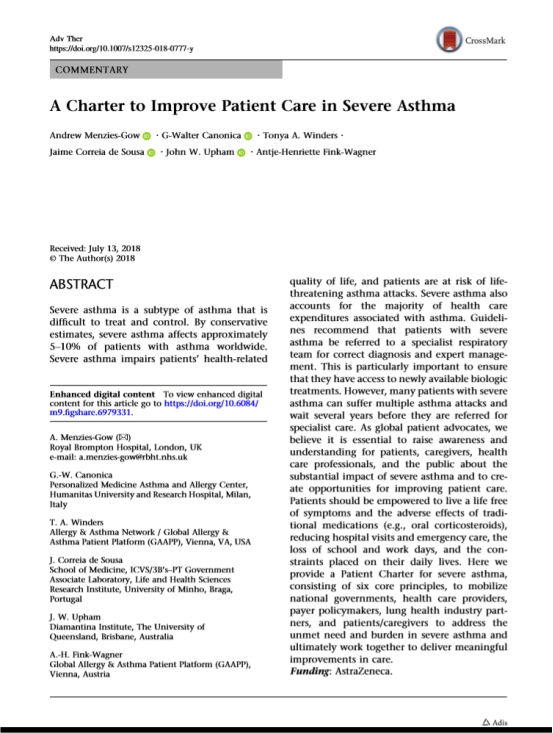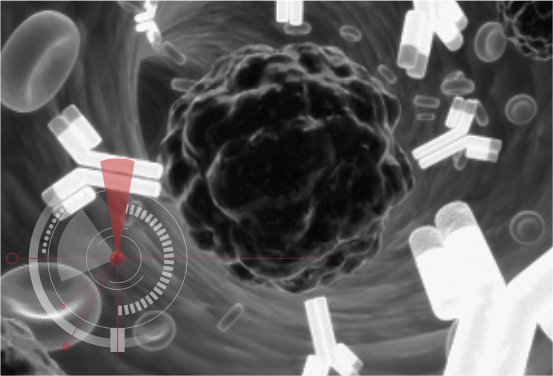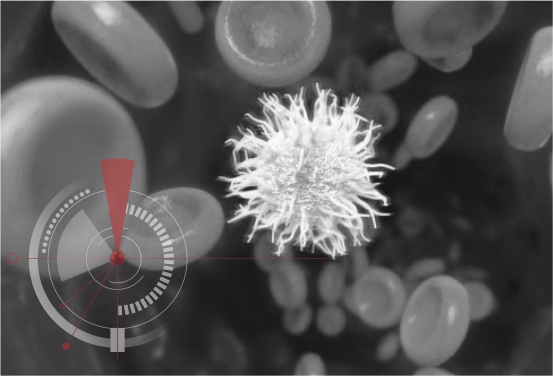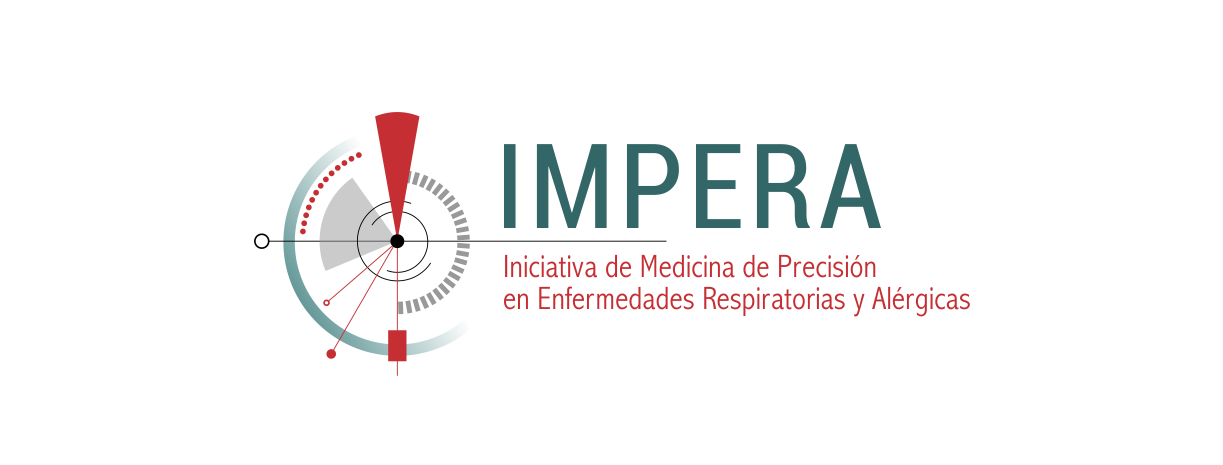Investigación y Desarrollo
A Charter to Improve Patient Care in Severe Asthma
Andrew Menzies-Gow . G-Walter Canonica . Tonya A. Winders . Jaime Correia de Sousa . John W. Upham . Antje-Henriette Fink-Wagner
ABSTRACT
Severe asthma is a subtype of asthma that is difficult to treat and control. By conservative estimates, severe asthma affects approximately 5–10% of patients with asthma worldwide. Severe asthma impairs patients’ health-related quality of life, and patients are at risk of lifethreatening asthma attacks. Severe asthma also accounts for the majority of health care expenditures associated with asthma. Guidelines recommend that patients with severe asthma be referred to a specialist respiratory team for correct diagnosis and expert management. This is particularly important to ensure that they have access to newly available biologic treatments. However, many patients with severe asthma can suffer multiple asthma attacks and wait several years before they are referred for specialist care. As global patient advocates, we believe it is essential to raise awareness and understanding for patients, caregivers, health care professionals, and the public about the substantial impact of severe asthma and to create opportunities for improving patient care. Patients should be empowered to live a life free of symptoms and the adverse effects of traditional medications (e.g., oral corticosteroids), reducing hospital visits and emergency care, the loss of school and work days, and the constraints placed on their daily lives. Here we provide a Patient Charter for severe asthma, consisting of six core principles, to mobilize national governments, health care providers, payer policymakers, lung health industry partners, and patients/caregivers to address the unmet need and burden in severe asthma and ultimately work together to deliver meaningful improvements in care.











